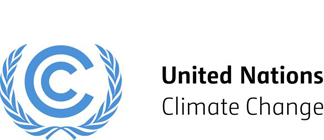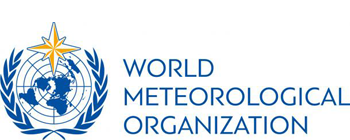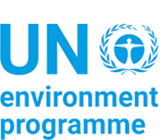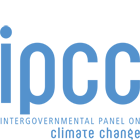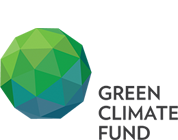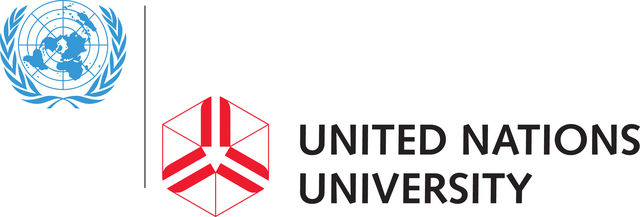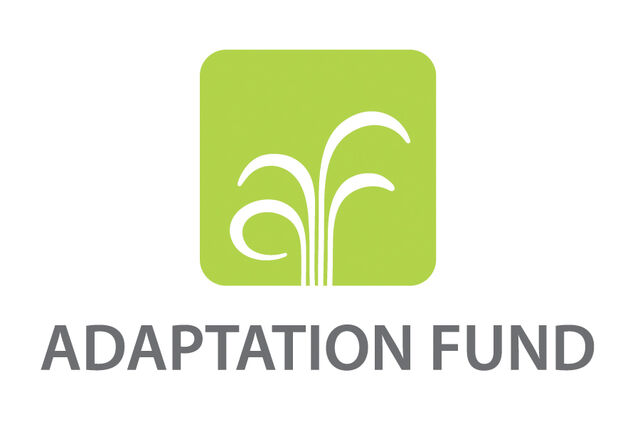The 28th session of the Conference of the Parties (COP28) to the UN Framework Convention on Climate Change (UNFCCC) was held at Expo City, Dubai in the United Arab Emirates (UAE), between the 30th of November and the 14th of December 2023. The World Adaptation Science Programme was involved in several side events, including at the UNEP, EU, and WMO-IPCC Pavilions.
Below is a summary of WASP-related events, with links to the session recordings.
EU Pavilion: Side event on the UNEP Adaptation Gap Report 2023(1 December).
This event features key findings from the Adaptation Gap Report 2023. A technical presentation on the report is provided, followed by discussions focusing on the importance to increase adaptation effectiveness, while assessing progress in global adaptation efforts, reducing loss, and evaluating the current adaptation finance gap.
UNEP Pavilion:
Side event on Partnering to Bridge the Science-Policy Gap for Adaptation Effectiveness (3 December 2023).
Effective climate adaptation requires sound scientific knowledge as a key input to adaptation policies, plans and action. Currently adaptation isn’t yet as effective as it should be due to the lack of knowledge that is innovative, co-created, based on results from action research, and validated in practice. This session will address these issues by clarifying why this is a priority, what is adaptation effectiveness and how knowledge can and should inform better adaptation for increased effectiveness. Lessons will be drawn from the World Adaptation Science Programme’s (WASP) recent Policy Brief on Adaptation Effectiveness and the UNEP Adaptation Gap Reports.
Side event on Tackling the true cost of financing adaptation: Insights from the UNEP Adaptation Gap Report 2023 and what it means for the financial sector (4 December 2023). In this panel session, experts will present and discuss new financial data and analysis from this year’s Adaptation Gap Report. The new numbers reflect the real costs of adaptation and the growing needs of developing countries reflected in NDCs and NAPs. Clearly these revised figures will place ever greater pressure on public finance and private finance will increasingly need to respond to a changing climate. The second part of this session will explore how financial institutions can scale climate-resilient finance and mainstream the assessment of physical climate risks across the finance sector.
Side event on Minimizing Loss and Damage by addressing soft adaptation limits (December 8)
Evidence continues to show that losses and damages associated with climate change are occurring across all regions around the globe, in all economic sectors and particularly in vulnerable communities. This event will build from the 2023 UNEP Adaptation Gap Report and ongoing work by the World Adaptation Science Programme’s (WASP) Working Group on Loss and Damage. It will address the soft limits to adaptation to avert and minimize losses and damages. Experts will provide an overview of the issue and discuss the topic with the audience, providing further clarity on the soft limits to adaptation.
Official UNFCCC Side-event: How to increase adaptation effectiveness to reduce loss and damage: Insights from the UNEP Adaptation Gap Report 2023 (5 December 2023).
This event features key findings from the Adaptation Gap Report 2023, including high-level remarks from UNEP's Executive Director Inger Andersen, and UNFCCC Executive Secretary Simon Stiell. Discussions will focus on the importance to increase adaptation effectiveness, whilst assessing progress in global adaptation efforts and evaluating the current adaptation finance gap.
WMO-IPCC Pavilion:
Side event on Scaling up Climate Action through Adaptation Effectiveness (9 December 2023)
Evaluating the effectiveness of adaptation policies and actions is key to understanding whether they have reduced climate risks and achieve other intended outcomes. The goals are to ensure that adaptation is adequate to address climate risks, do not foster negative unintended consequences over space and time, and inform adaptation financing. This event focuses on how we can scale up climate action through adaptation effectiveness. The session includes presentations on how to make adaptation more effective using science and on Nature-based Solutions for Ecosystem-based adaptation, followed by a Q&A with the audience and panel. The discussion will draw on the recently launched Adaptation Gap Report 2023, and the WASP Science for Adaptation Policy Brief on Advancing Adaptation Effectiveness.
Side event on The Global Goal on Adaptation (10 December 2023)
The Global Goal on Adaptation is a core element of the Paris Agreement that sets the vision for global wellbeing and resilience. In advancing the discourse on GGA, this session focuses on indicators and targets, recognizing them as catalysts that can progress achieving the GGA by 2030. A distinguished panel of experts, spanning diverse stakeholder groups, will converge to contribute multifaceted perspectives to this critical dialogue, drawing on the work of the World Adaptation Science Programme Working Group on the Global Goal on Adaptation. The event includes an introductory presentation on the Global Goal on Adaptation (GGA), followed by a panel discussion on indicators and targets for GGA, with perspectives from SIDS and African LDCs, the role of Nature-Based Solutions, and Transboundary Organisations. There will then be a Q&A with the panelists and audience.
Side event on Dealing with Loss and Damage, in Honor of the Late Prof. Saleemul Huq (11 December 2023)
Climate-related losses and damages are a real threat and need urgent actions to avert, minimize and address wherever possible. This event focuses on how we deal with Loss and Damage. The session will begin with technical presentations from leading experts, including the findings of the recent Adaptation Gap Report 2023, followed by a Q&A with the audience and panel. The discussion will draw on the Loss and Damage Chapter in the Adaptation Gap Report 2023, and the work of the WASP Working Group on Loss and Damage. This event is being held in honor of the late Prof. Saleemul Huq.

